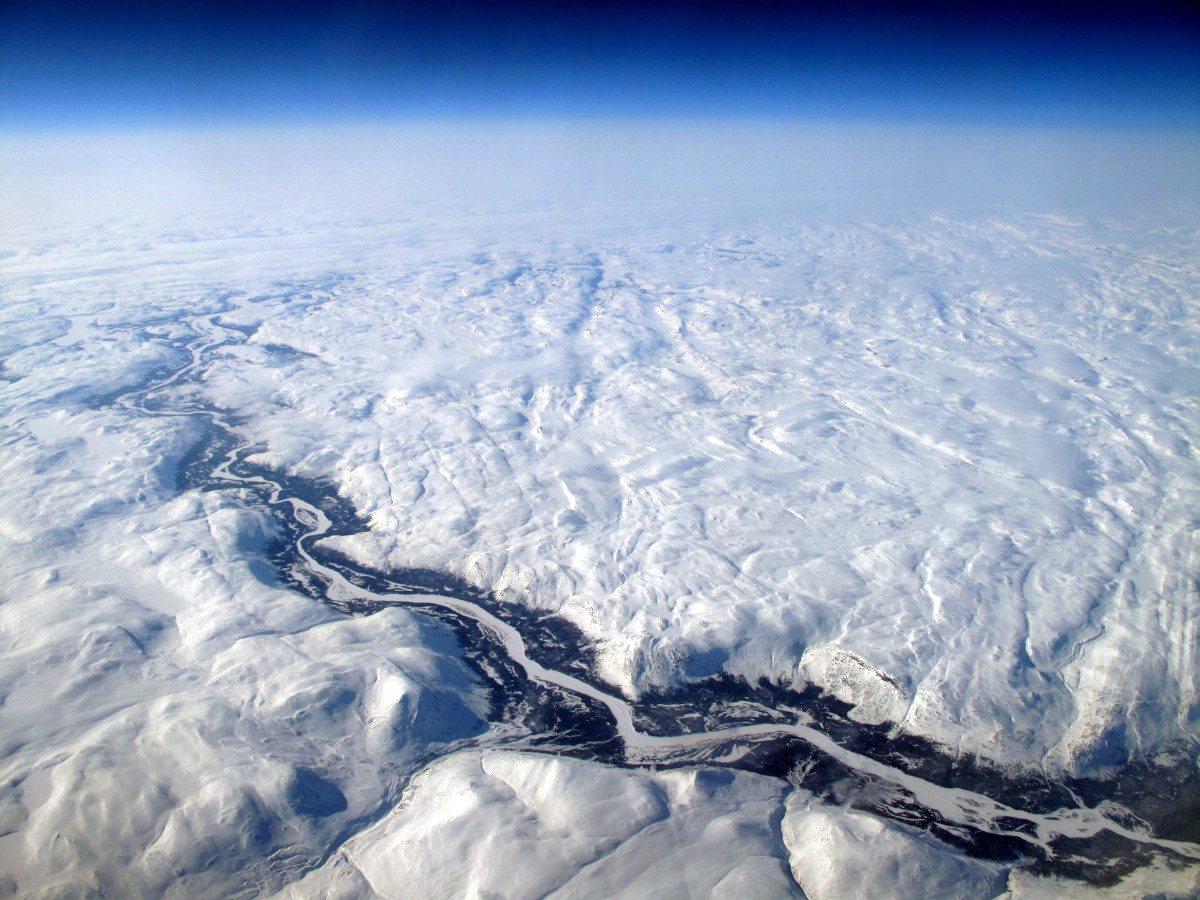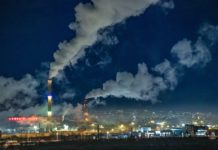
Greater clarity about the trajectory of climate change – and the need for decisive action – appeared to be forthcoming from the latest summary from the Intergovernmental Panel on Climate Change (IPCC), published on 9 August.
The IPCC 6th Assessment Report (AR6) combined the bad news, that a global temperature rise of 1.5°C is now more or less inevitable by 2040, with what many present as the relative good news, that a widespread commitment to net zero is “extremely likely” to keep temperatures below 2°C.
AR6 presented five scenarios, on a sliding scale from ‘best’ to ‘worst’, although a full appraisal of the likelihood of each is awaited in further installments of the report, to be released in 2022.
NewScientist noted an uptick in certainty expressed in the language of the report, with humanity’s role now “unequivocal” rather than “clear” (in the report of 8 years ago).
Sliding scale
The five scenarios presented range from the best (or “very low emissions”) scenario, to the worst (or “very high emissions”) scenario, which outlined – respectively – the consequences of a 4.4°C average temperature rise by 2100, vs one where warming falls back to below 1.5C by the end of the century. The five scenarios are listed below.
- Very high emissions: 4.4°C average temperature rise by 2100
- High emissions: 3.6°C average temperature rise by 2100
- Medium emissions): 2.7°C average temperature rise by 2100
- Low emissions: warming below 2°C by 2100
- Very low emissions: warming declines to below 1.5°C by 2100
NewScientist observed that “where we are now” is probably somewhere between the medium and high emissions scenarios from this set.
The report said we are already observing climatic changes without precedent over hundreds of thousands of years, with some of these irreversible over reasonable timescales, such as ocean acidification and sea level rises. However, “the more we limit warming, the more we can slow down those changes,” as Tamsin Edwards, an IPCC author based at King’s College London, commented, speaking to NewScientist.
The report seems to devote more space than usual to exploring the extreme scenarios currently on the table. For example, the scenario known as “RCP8.5” has been used in previous reports to denote a situation with the least favourable combination of factors like population growth, coal usage, and general policy inaction. Happily, the report said its likelihood “is considered low”, however, it also says that the concentration levels reached in this scenario, and corresponding simulated climate futures, “cannot be ruled out”.
And RCP8.5 is the scenario under which, says the report, “Extreme sea level events that previously occurred once in 100 years could happen every year by the end of this century.”
Taking out the uncertainty
One seemingly significant development with this report is a declared narrowing of the range of “climate sensitivity”, or our estimate of the temperature change likely to result from an increase in CO2 concentrations. This has always been of central importance to appraising the impact of human activity on the atmosphere, but hasn’t budged since 1979, from an estimate of a “likely” 1.5°C to 4.5°C warming resulting from a doubling of atmospheric CO2 concentrations.
The new AR6 report provides a “likely” (67% probability) climate sensitivity range of 2.5°C to 4°C (resulting from a doubling of CO2 concentrations), a halving of the level of uncertainty.
As climate researcher Zeke Hausfather suggested on Twitter, this renewed certainty means milder climate change is now off the cards (the “bad news”) but the “good news” is this will also decisively undermine those who have tried to argue that mild climate change is a possibility (a case also seemingly debunked here).
Policy response
Membership group IEMA described the report as “a devastating read” and called for “a Green Skills and Jobs Strategy” to “enable all sectors of the economy to go greener.”
CBI policy director Matthew Fell said: “Committing to and achieving net zero is paramount,” adding that “the UK must look to lead by example, establishing the policy and tax frameworks to make it possible.”
António Guterres, the UN secretary general, said the report “must sound a death knell for coal and fossil fuels.”
Boris Johnson said: “Today’s report makes for sobering reading, and it is clear that the next decade is going to be pivotal to securing the future of our planet.”
“I hope today’s report will be a wake-up call for the world to take action now, before we meet in Glasgow in November for the critical Cop26 summit.”
Quoted in The Guardian, Greenpeace chief scientist Doug Parr said: “This is not the first generation of world leaders to be warned by scientists about the gravity of the climate crisis, but they’re the last that can afford to ignore them.”







